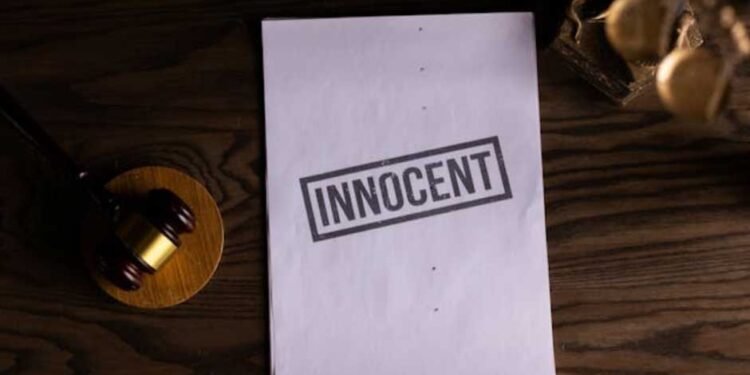Photo from Pexels
Being accused of a crime can be a life-altering experience that confuses fear and anxiety. Without proper understanding, the complicated justice system can quickly overwhelm you. Knowing your legal rights is critical while facing criminal accusations because they protect you from unjust treatment, wrongful convictions, and procedural errors. Legal representation, fair treatment, and due process are key components of the justice system that protects persons from unfair prosecution.
The Right to Remain Silent
One of an accused person’s most fundamental rights is to remain silent. This precaution, derived from the Fifth Amendment, ensures that no one is forced to answer inquiries to law enforcement without legal assistance and helps to prevent self-incrimination. Many people say things that can be used against them later because they believe they must react to every inquiry the police make. The accused must remain mute until they speak with a counsel, as law enforcement officers are trained to gather evidence to bolster their case against a suspect. Even seemingly innocuous words from time can be misinterpreted or taken out of context.
The Right to Legal Representation
Every accused individual has the right to legal representation, which is a necessary component of a fair trial. The legal system acknowledges that people have the right to consult a specialist, as not everyone comprehends the complexity of criminal law. Consulting a reliable criminal defense attorney who is responsible for protecting the accused’s rights, providing legal advice, and ensuring that the proper procedures are followed. They also perform. Without legal counsel, a person can find it difficult to negotiate court processes, grasp legal jargon, or create a good case study. A lawyer can represent the accused in court, review case specifics, contest evidence, and work out plea agreements. Those without means for an attorney are allowed to have one assigned by the court, therefore guaranteeing that financial constraints do not hinder just representation.
The Right to a Fair Trial
Every person accused of a crime has a fundamental right to a fair trial, therefore guaranteeing that legal processes are carried out fairly and without prejudice. A fair trial requires the prosecution to present enough proof to back up its assertions; the accused is deemed innocent unless proven guilty. The right to a fair trial also includes an unbiased jury and judge, therefore enabling a conclusion grounded in facts rather than personal prejudices. Trials have to follow set legal processes to guarantee that the accused gets the chance to contest any accusations leveled against them and that evidence is presented correctly. The accused has the right to be present during trial events, review witnesses, and offer a defense. Maintaining justice system integrity and avoiding erroneous convictions depend on a fair trial.
The Right to Know the Charges
When accused of a crime, an individual has the right to be notified of the allegations filed against them. This guarantees that the accused can build a defense fit for the nature of the accusations. Charges must be explicit, precisely describing the claimed offense, according to the legal system. Knowing the charges helps a person to refute unfounded allegations, compile proof, and seek legal advice to decide on the best line of action. This right also stops authorities from imprisoning people without reason forever. Law enforcement has to be explicit about the charges, and the accused ought to have access to whatever proof is being utilized against them.
The Right to Confront Witnesses
Individuals accused of crimes have the right to confront and cross-examine witnesses who testify against them. This right guarantees that court-presented testimony can be contestable for relevance, credibility, and correctness. Many criminal trials rely heavily on witness testimony. Cross-examination lets the defense find reasons, contradictions, or prejudices that can compromise a witness’s accuracy. Without this safeguard, people could be found guilty based on unproven, possibly fake, claims. Witnesses must testify in open court, which promotes judicial process transparency. The power to confront witnesses ensures that charges are thoroughly investigated before a decision is made, so helping to balance the authority of the prosecution and defense.
Conclusion
Understanding legal rights when accused of a crime is critical for guaranteeing fair treatment, due process, and the capacity to present an effective defense. Many people are not aware of the rights they have, so they are susceptible to legal errors that could compromise their case. Fundamental protections inside the court system are legal representation, a right to remain silent, a fair trial, and defense against illegal searches. These rights guarantee that every accused person has a fair chance to defend themselves using the prevention of false convictions, coercion, and unfair treatment. Exercise these rights carefully since a criminal case can have major effects on reputation, freedom, and future chances.












